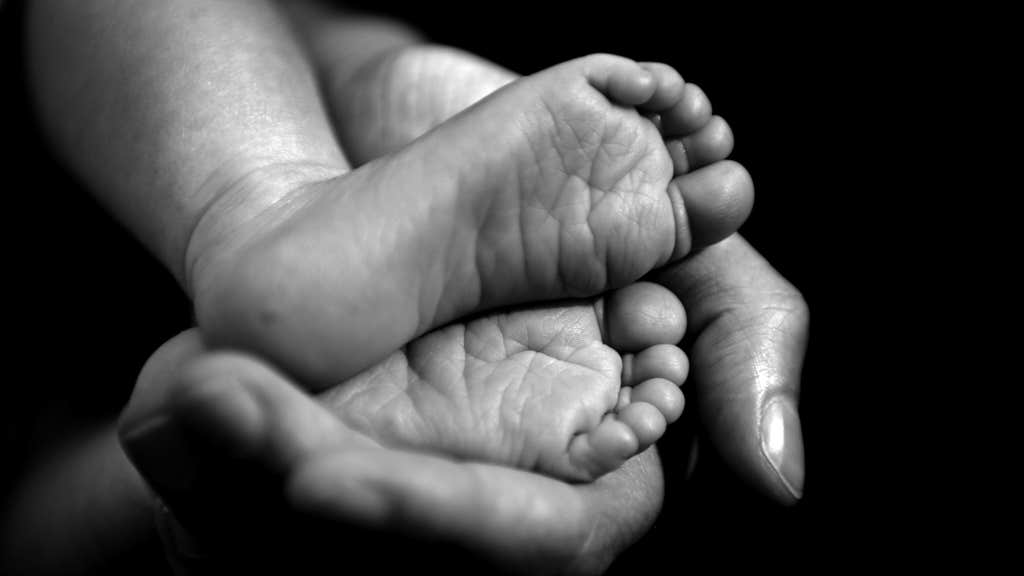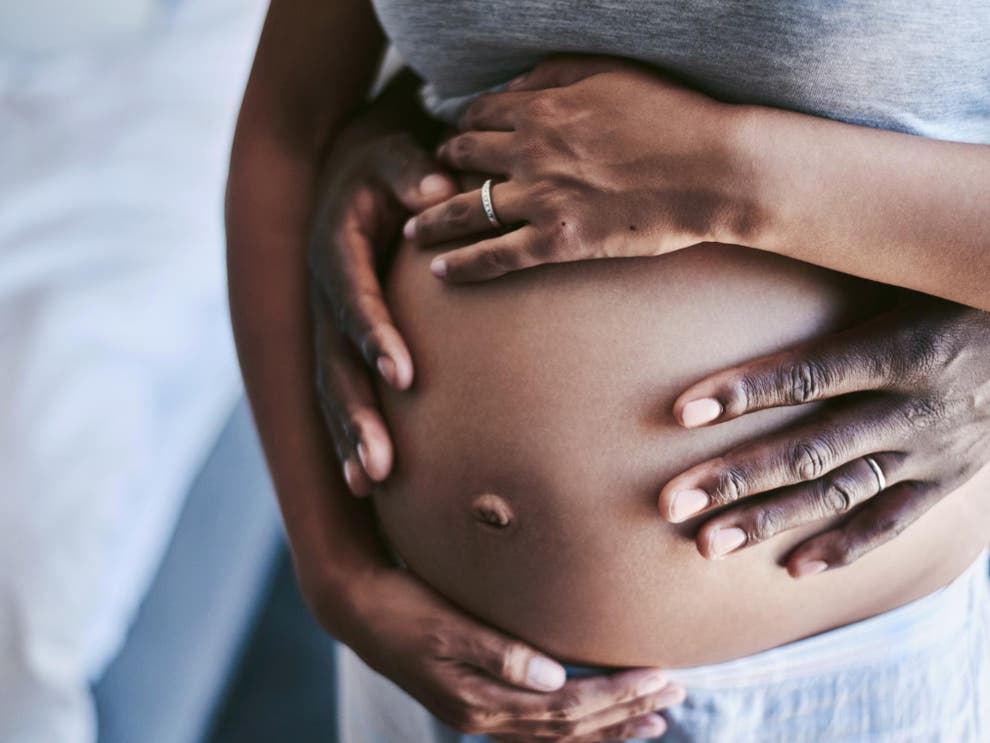Black women least likely to have successful IVF treatment, new study shows
‘We cannot underestimate the negative impact of infertility and reduced outcomes’

Black women undergoing IVF treatment are less likely to have a baby than any other ethnic group, according to a new report.
While overall birth rates from fertility treatment have increased and are highest in patients under 35, Black patients aged 30-34 have an average birth rate of 23 per cent, compared to 30 per cent for mixed race and white patients, fresh data from the Human Fertilisation and Embryology Authority (HFEA) shows. For Asian patients in this age bracket, the success rate is slightly higher, at 25 per cent.
The study, Ethnic diversity in fertility treatment, also highlights that nearly a third – 31 per cent – of Black patients have fertility problems related to issues with their fallopian tubes compared to only 18 per cent of patients overall.
Even though fertility treatment uptake has increased across ethnic minority patients in the last five years, Black patients start IVF almost two years later than their white counterparts, at 36 years old, compared to the average patient at 34 years old.
Sally Cheshire, chair of the health watchdog, said: “This report is very timely as there has been much discussion recently of health inequalities amongst ethnic communities, with many of these being highlighted by the Covid-19 pandemic.
Read more: The very white face of infertility suggests women of colour don’t need support
“We want anyone who is struggling to conceive to have equal access to fertility treatment and understand their chances of being successful. What is clear from this report is that there are several disparities in fertility treatment across ethnic groups that need to be addressed.
Ms Cheshire said in the absence of clear explanations for these health disparities between patients of different ethnicities, it is “crucial” that measures are implemented to close the gaps.
“During my time as HFEA Chair we have worked hard with the sector to reduce the risks from multiple births for women and any children born and I would like to see more work done to address this amongst Black patients.”
While disparities for Black patients are the most severe, other ethnic groups also have poor outcomes when going through fertility treatment.
Patients of Asian heritage, who represent a larger proportion of IVF users, at 14 per cent of the total whilst comprising 7 per cent of the UK population, are struggling to access donor eggs if needed.
The report shows that 89 per cent of egg donors are white, followed by 4 per cent Asian, 3 per cent mixed race and 3 per cent Black, resulting in the use of white eggs in 52 per cent of IVF cycles with an Asian patient.

Dr Christine Ekechi, Co-Chair of the Royal College of Obstetricians and Gynaecologists’ Race Equality Taskforce, said: “It is disappointing but not surprising to see healthcare inequalities for Black, Asian and minority ethnic women extend to every corner of their lives including sadly, for those who desire to have a baby.
“When tackling racial inequalities in health outcomes for women, it is important to acknowledge that for some women, these poorer outcomes affect them throughout their life course, limiting the available choices that others often take for granted.
“We cannot underestimate the negative impact of infertility and reduced outcomes following fertility treatment, on Black, Asian and minority ethnic women,” Dr Ekechi added.
“We know that infertility can have a devastating effect on people’s lives, causing distress, depression, and the breakdown of relationships.”
Describing the HFEA report as “vital”, Dr Ekechi is calling for a combined effort to provide solutions to include better awareness, safeguarding of reproductive health and improving the availability of targeted options for fertility treatments.
“We owe it to Black, Asian and minority ethnic women to give them an equal opportunity to starting a family, and to provide the solutions that will help them achieve this dream,” she said.
This comes as the government is set to debate the disparity in maternal outcomes for Black women on 19 April, after a petition relating to the topic, launched by campaigning group FivexMore, gained over 180,000 signatures.
Black women in the UK are five times more likely to die during pregnancy and after childbirth compared to white women, according to a report by Mothers and Babies: Reducing Risk Through Audits and Confidential Enquiries Across the UK (MBRRACE, 2019).
Join our commenting forum
Join thought-provoking conversations, follow other Independent readers and see their replies
Comments
Bookmark popover
Removed from bookmarks